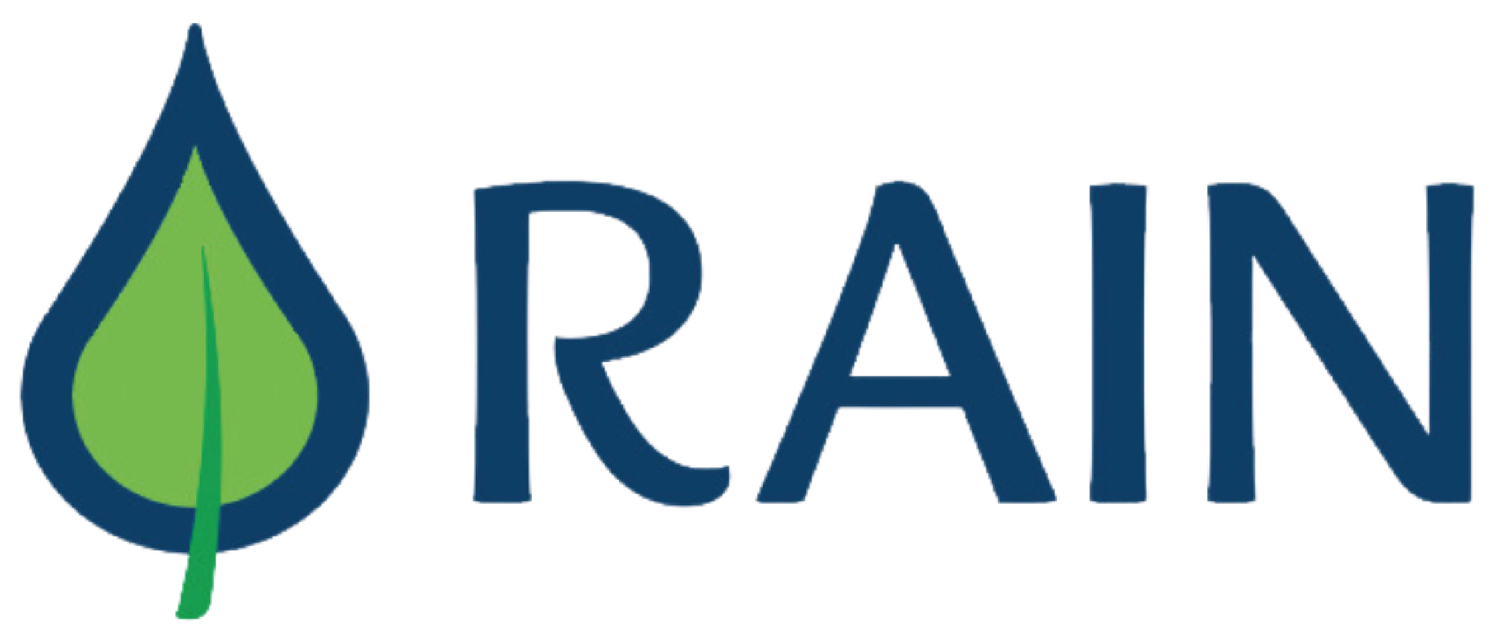Twinning UK and Brazilian schools
As summer holidays in a heatwave draw to a close and teachers start to think about lessons for the new school year, what can we do to prepare young people for the challenges they are facing?
Eco-anxiety and education
A survey of students from ten countries including the UK found that 75% of young people think that “the future is frightening”.
Young people have good reason to be worried; their generation is beginning to feel the impacts of the shortsighted behaviour of those that went before, and yet nearly half felt ignored when they tried to talk to people about climate change. Something urgently needs to change in education in order to address two major health crises - our mental health and the health of our planet. With 65% of respondents reporting that their government is failing them, it is clear to the youth at least that change is not coming from established leadership.
Schools twinning for a better future
RAIN has been piloting a schools twinning initiative that brings together young people across cultural and geographical divides to support each other's local initiatives in ecosystem restoration. The scheme is being developed along with Indigenous educators, and connections to schools have been facilitated by our partners in the Terena Indigenous media collective.
The programme is designed so young people get their hands dirty, growing trees and planting pollinator havens while gaining access to a series of worksheets (cross-curricular activities, encompassing geography, art, earth sciences, and literature and linked to National Curriculum and UN SDGs). Students can see the impacts of their efforts,, firstly with their own local ecosystem restoration work, and also by accompanying and supporting their peers in Brazilian schools in their own restoration efforts. The idea is to empower them to be the kind of people that act in the understanding that positive actions have positive impacts, encouraging them to be the change they want to see in the world.
How can I help?
You can learn more about the twinning scheme and download our teaching resources online. Please join the mailing list to keep up to date about the programme, and if you are a parent or teacher with a few hours to donate to help students at your school take part, we would like to hear from you!

